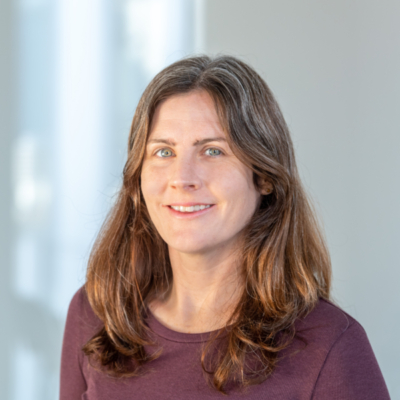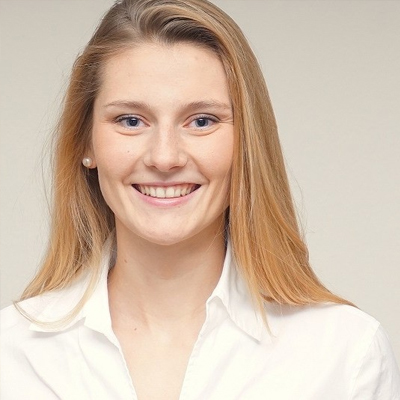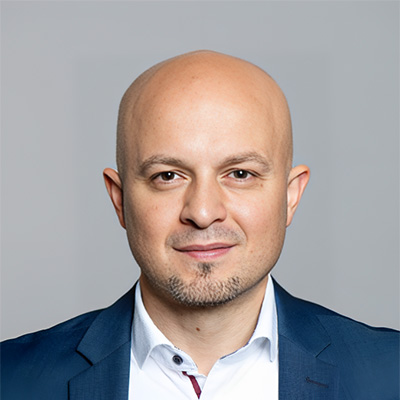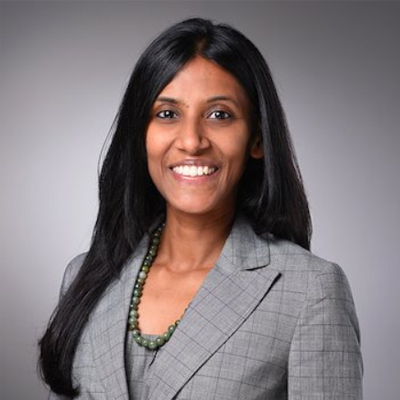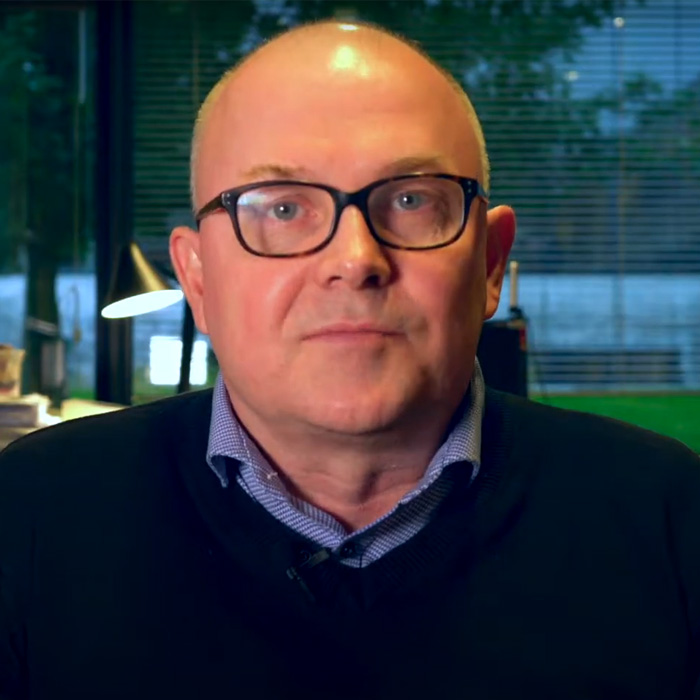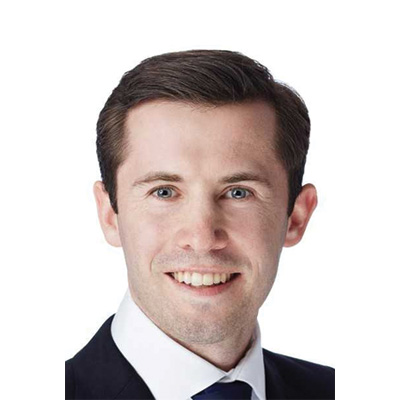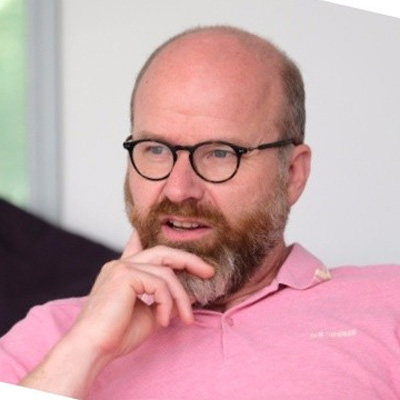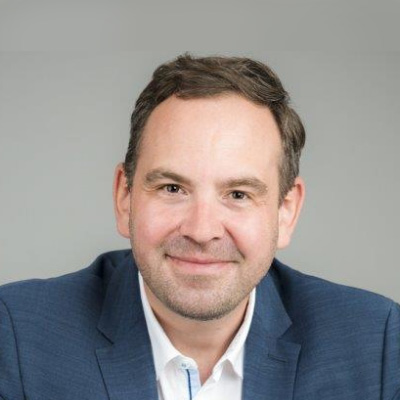Speaker Highlights


The conference gathers academics and professionals from different domains, who will be sharing their research, approaches and thoughts on the various topics throughout the event.
Daniela Brönstrup
In January 2022, Dr Daniela Brönstrup was appointed Director-General for Digital and Innovation Policy in the German Federal Ministry for Economic Affairs and Climate Action (BMWK). Previous to her current position, she was Deputy Director-General for Telecommunications, Media and the Postal Sector as well as International Digital Policy in the German Federal Ministry for Economic Affairs and Energy (BMWi). From 2010 to 2015 she was Head of Division for International and European Economic and Monetary Affairs as well as Fiscal Policy at the BMWi, and from 2007 to 2010 she was responsible for economic affairs, finance, labour and social security at the Office of the Federal President. Ms Brönstrup holds a doctorate in economics and is a graduate of the Cologne School of Journalism.
Caitlin Corrigan
As the Executive Director for the IEAI, Dr. Corrigan is responsible for the development and coordination of all IEAI research and administrative activities. Additionally, she works closely with the IEAI Director to craft the IEAI’s agenda, develop strategic partnerships for the institute and to enhance our academic network. Her current work focuses on the intersection of AI and sustainable development. She holds a PhD in Public and International Affairs from the University of Pittsburgh.
Philippe Coution
As Business Development lead Artificial Intelligence at TÜV SÜD, Philippe Coution leads strategic development initiatives of Artificial Intelligence and market implementation. He has over 20 years’ experience of senior management in Retail and Manufacturing, rounded by Start-up experience in Deep Learning Computer Vision. With a deep understanding of market needs and change management required, Philippe Coution is a developing the products and services to ensure trustworthy AI. Philippe Coution has a passion for motivating people and for showing the pass to a new technology, connecting people and systems.
Tanya de Villiers-Botha
Dr Tanya de Villiers-Botha is a senior lecturer in the Department of Philosophy, Stellenbosch University, South Africa. She is also head of the Unit for the Ethics of Technology in the Stellenbosch University Centre for Applied Ethics and coordinator of the Unit’s Data and Computational Ethics Research Group. Her research interests include: philosophy of mind and cognitive science, meta-ethics and the epistemology and ethics of AI.
Gjergji Kasneci
Gjergji Kasneci studied Computer Science and Mathematics, earning a PhD specializing in graph-based mining, information retrieval, and semantic search. He held significant positions in the financial services industry and at prestigious institutions including Microsoft Research, the Hasso Plattner Institute, and the University of Tübingen, where he is an Honorary Professor. In 2023, he was appointed as Professor of Responsible Data Science at TU Munich and a Core Member of the Munich Data Science Institute.
Mrinalini Kochupillai
Mrinalini Kochupillai (Nalini) is currently a guest professor at the Artificial Intelligence for Earth Observation (AI4EO) Future Lab at the Technical University of Munich (TUM) and an affiliated senior researcher at the Institute for Ethics in Artificial Intelligence (IEAI), TUM. With over 16 years of experience in teaching and research in the field of business law, business ethics, intellectual property (patent) law, plant variety protection, and incentive systems for sustainable innovations, Nalini’s current research focuses on how emerging technologies such as blockchain and AI can support sustainable innovations in agriculture, and how a combination of Eastern and Western philosophical approaches can support ethical decision making in early stages of research.
Christoph Lütge
Christoph Lütge studied business informatics and philosophy. He took his PhD at TU Braunschweig in 1999 and his habilitation at LMU Munich in 2005. He was awarded a Heisenberg Fellowship in 2007. Since 2010, he holds the Chair in Business Ethics at TUM, and since 2019, he is also the Director of the TUM Institute for Ethics in AI.
Jacob Rendtorff
Jacob Dahl Rendtorff, PhD and Dr. Scient. Adm. is professor of philosophy of management and business ethics at the Department of Business and Social Sciences, Roskilde University, Denmark. Rendtorff’s research has a broad perspective on organization theory, management, responsibility, ethics and legitimacy of business firms and corporations, corporate social responsibility, business ethics, sustainability, bioethics and biolaw, human rights, political theory and philosophy of law.
Thomas Stadje
Thomas Stadje is a Chapter Lead for Data Scientists and Director for Big Data & Advanced Analytics at Commerzbank. He currently manages a multinational team of Data Scientists and is responsible for advancing the bank’s AI strategy, including the development of trustworthy AI guidelines for internal use. Thomas previously worked as a Senior Consultant in Forensic Technology Solutions at PwC. He holds a doctoral degree with a research focus on solving problems related to AI optimization and planning for the Semantic Web.
Makoto Usami
Makoto Usami is Professor of Philosophy and Public Policy and the Vice Dean of the Graduate School of Global Environmental Studies at Kyoto University, while holding a visiting professorship at Kochi University of Technology. His areas of specialty are the philosophy of law and political philosophy. He has extensively published on distributive justice, climate justice, global justice, intergenerational justice, and transitional justice. Among his recent publications are “Digitization, Unemployment, and Distributive Justice” in Christoph Lütge et al. (eds.), Business Ethics and Digitization (Springer, 2022) and “Responding to Existential Risks: Grounds, Targets, and Strategies” in Yukio Adachi and Makoto Usami (eds.), Governance for a Sustainable Future (Springer, in press).
Patrick van der Smagt
Patrick van der Smagt is director of AI research at Volkswagen Group, and leads its Machine Learning Research Lab in Munich (argmax.ai). The lab focuses on probabilistic deep learning for time series modelling, optimal control, robotics, and quantum machine learning. He is also a faculty member of the LMU Graduate School of Systemic Neurosciences and research professor at Eötvös Loránd University Budapest. He is the founding head of a European industry initiative on certification of ethics in AI applications (etami) and member of the AI Council of the State of Bavaria.
Sabine Wiesmüller
Sabine Wiesmüller, PhD, currently serves as Director of the AI Competence Center Europe at German Entrepreneurship and continues as Managing Director of the Bodensee Innovation Cluster, which she has co-founded in 2018. Ms. Wiesmüller studied international business with a focus on compliance management and intercultural management in Germany, England, Spain, Indonesia, and Mexico. During and after her studies she worked in various management consultancies. In 2016, she began her doctorate in the field of business ethics and AI governance in cooperation between the Wittenberg Center for Global Ethics and Zeppelin University and complemented her research with practical insights from the cluster. In addition to practical experience in the areas of consulting, ecosystem management and entrepreneurship, she continues to work as a researcher and lecturer at Zeppelin University, with a particular focus on responsible innovation and the potential of exponential technologies for business and society.


